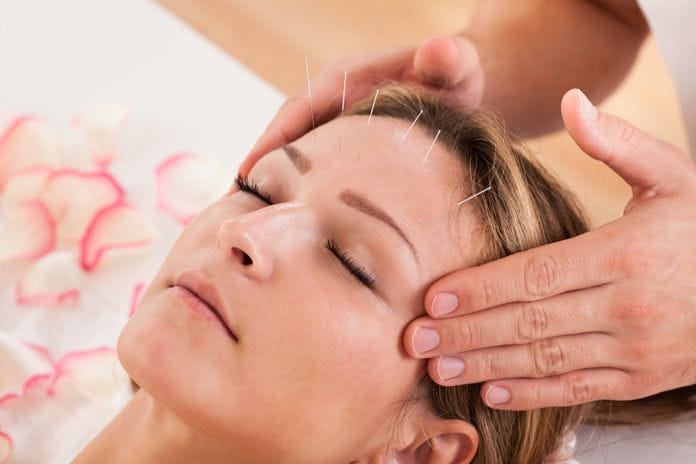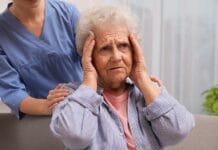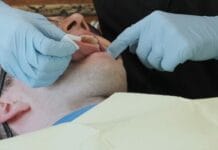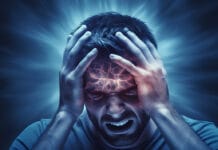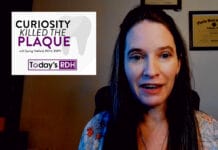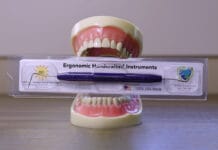Dental anxiety may be dismissed by some individuals as inconsequential, but the reality is that dental anxiety can be crippling for those affected. Because of dental anxiety, individuals don’t always receive the level of care needed to prevent and/or treat dental problems. As a result, minor concerns can become worse due to neglect, and major problems can linger and contribute to serious health concerns down the line.
In recognition of the seriousness of dental anxiety, researchers at the University of York in the United Kingdom and Beijing (China) University of Chinese Medicine recently measured the impact of acupuncture on reducing dental anxiety. Below is more information about their findings as well as the nature of dental anxiety and phobias and current treatment options.
Dental Anxiety and Current Treatment Modalities
Dental anxiety of at least a moderate nature affects nearly one-in-five patients. This carries a high toll for affected individuals, as dental anxiety may prevent persons from obtaining much-needed treatment and prophylaxis. There are numerous causes of dental anxiety, including fear of possible discomfort and pain, recollection of negative past experiences, gag reflex sensitivity, and even apprehension about the cost of dental treatment.
There are a number of approaches used to help alleviate dental anxiety and phobia, including pharmaceutical options such as sedatives from the benzodiazepine class. These include lorazepam and diazepam, commonly known by their trade names of Ativan and Valium, respectively. Other medications utilized include antihistamines, such as diphenhydramine, and other sleep-promoting agents.
Within the office environment, nitrous oxide is a frequently utilized agent that can promote relaxation and minimize discomfort and pain for patients. In the most serious cases of dental anxiety, patients can be provided with general anesthetics inside the office.
Of course, with pharmaceutical and other agent-specific approaches to reducing anxiety comes the potential, however slight, for complications and undesirable side-effects. For example, pregnancy is often a contraindication for the use of many drugs, and the inability to treat anxiety medicinally may interfere with proper dental care for pregnant patients.
As such, non-drug options are worth considering, especially in situations where pharmaceutical interventions are contraindicated. Progressive relaxation and cognitive behavioral therapy are examples of alternatives to the use of anxiolytic medications.
The Study, Findings and Future Research
One promising, non-pharmaceutical means of reducing dental anxiety is acupuncture. That’s why researchers from the University of York and Beijing University of Chinese Medicine performed a recent study on the efficacy of acupuncture in helping patients lower anxiety levels.
In their research, scientists identified and analyzed approximately 120 studies on dental anxiety with acupuncture as a means of treatment. The researchers narrowed down the list of studies from 120 to six that were deemed suitable, with two of the studies being noted for their high research standards.
Once the data was sorted and analyzed, the findings indicated that participants did experience statistically significant reductions in dental anxiety levels after receiving acupuncture treatments. Patient stress level data was plotted on an 80-point scale, and the calculated average reduction in anxiety was approximately eight points, or ten percent of the total value.
The researchers did note that much further work needs to be done when it comes to uncovering a possible connection between acupuncture and reducing dental anxiety. For example, when comparing acupuncture to a placebo, the research team was unable to discover a statistically significant relationship between acupuncture and anxiety reduction.
Whether or not acupuncture is a wholly reliable means of reducing dental anxiety remains to be seen. However, this initial step suggests that a link is likely to exist and that many individuals may be able to benefit from future applications of acupuncture.
SEE ALSO: Ask Kara RDH: Anxiety Giving Local Anesthetic
DON’T MISS: How Small Gestures Can Help with Apprehensive Patients

